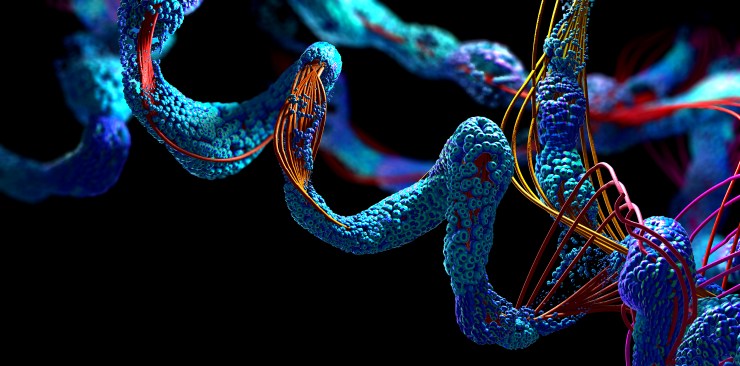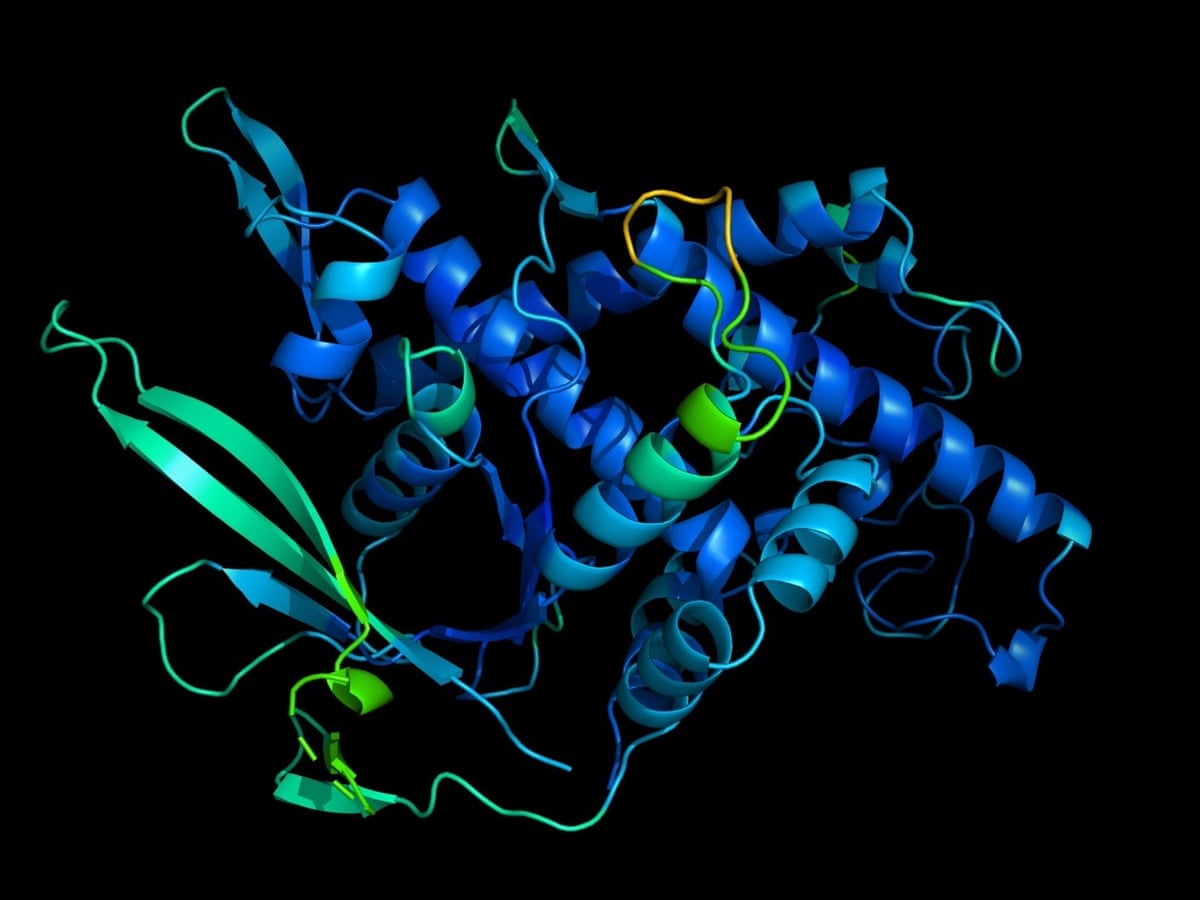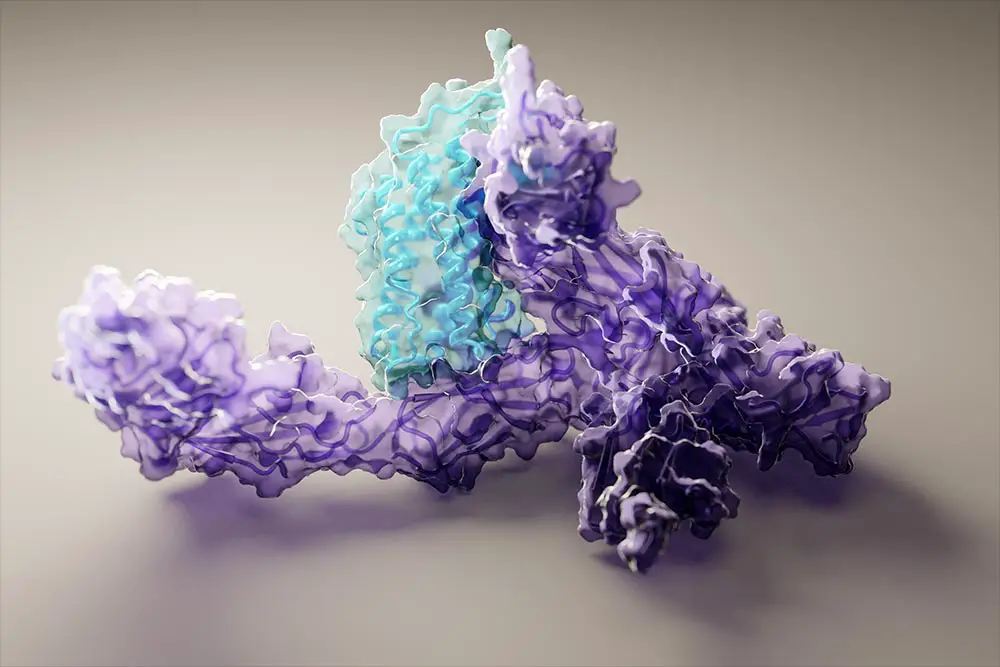Introduction
Proteins are the molecular machines that perform most of the functions in living cells. They are made of chains of amino acids that fold into complex three-dimensional shapes. The shape of a protein determines its function, and understanding how proteins fold and interact is crucial for many applications in biotechnology and medicine.
However, predicting the structure and function of proteins from their amino acid sequences is a challenging problem that has eluded scientists for decades. Traditional methods, such as X-ray crystallography and nuclear magnetic resonance spectroscopy, are slow, expensive and often fail to produce reliable results. Computational methods, such as molecular dynamics simulations and homology modeling, are faster and cheaper but still limited by the complexity and diversity of protein folding.

In recent years, artificial intelligence (AI) has emerged as a powerful tool for solving this problem. AI is a branch of computer science that aims to create machines or systems that can perform tasks that normally require human intelligence, such as learning, reasoning and creativity. AI can use large amounts of data and complex algorithms to find patterns, make predictions and generate novel solutions.
AI for protein folding
One of the most successful applications of AI for protein folding is AlphaFold2, an algorithm developed by DeepMind, a UK-based AI lab. AlphaFold2 uses a type of AI called deep learning, which involves training neural networks with multiple layers of processing units to learn from data. AlphaFold2 can predict the shape of proteins to the nearest atom, the first time a computer has matched the slow but accurate techniques used in the lab.

AlphaFold2 was released in November 2020 and has since revolutionized the field of structural biology. It has been used by scientists around the world for research on cancer, antibiotic resistance, covid-19 and many other diseases. It has also enabled the creation of a public database that contains the predicted structures of nearly every protein known to science. This database could accelerate drug discovery and design by providing access to previously unknown protein targets and interactions.
AI for protein design
Another promising application of AI for protein design is generating novel functional proteins that have never existed in nature. This is an appealing prospect because natural proteins have evolved to perform specific tasks in specific environments, but there are many biomedical and industrial problems that require new solutions. For example, synthetic proteins could be used as drugs, vaccines, diagnostics, sensors, catalysts, materials and more.
AI-based algorithms can guide the design of proteins with desired properties by using data from existing proteins or by applying principles derived from protein structure and function. For example, Profluent, a startup company that came out of stealth mode in January 2023 with $9 million in seed funding, uses machine learning to engineer novel functional proteins. The company claims that its platform can design proteins with high specificity, stability and activity for various applications.

Other companies operating in the protein design space include Generate Biomedicines, which signed a $50 million drug development deal with Amgen in January 2022, Arzeda, which raised $33 million in series B funding in May 2022 to support its protein design programs, Cradle, which exited stealth in November 2022 with $5.5 million seed investment, and Monod Bio, which launched with $25 million in seed funding in August 2022. These companies use different approaches and techniques to create artificial proteins with various functions and symmetries.

